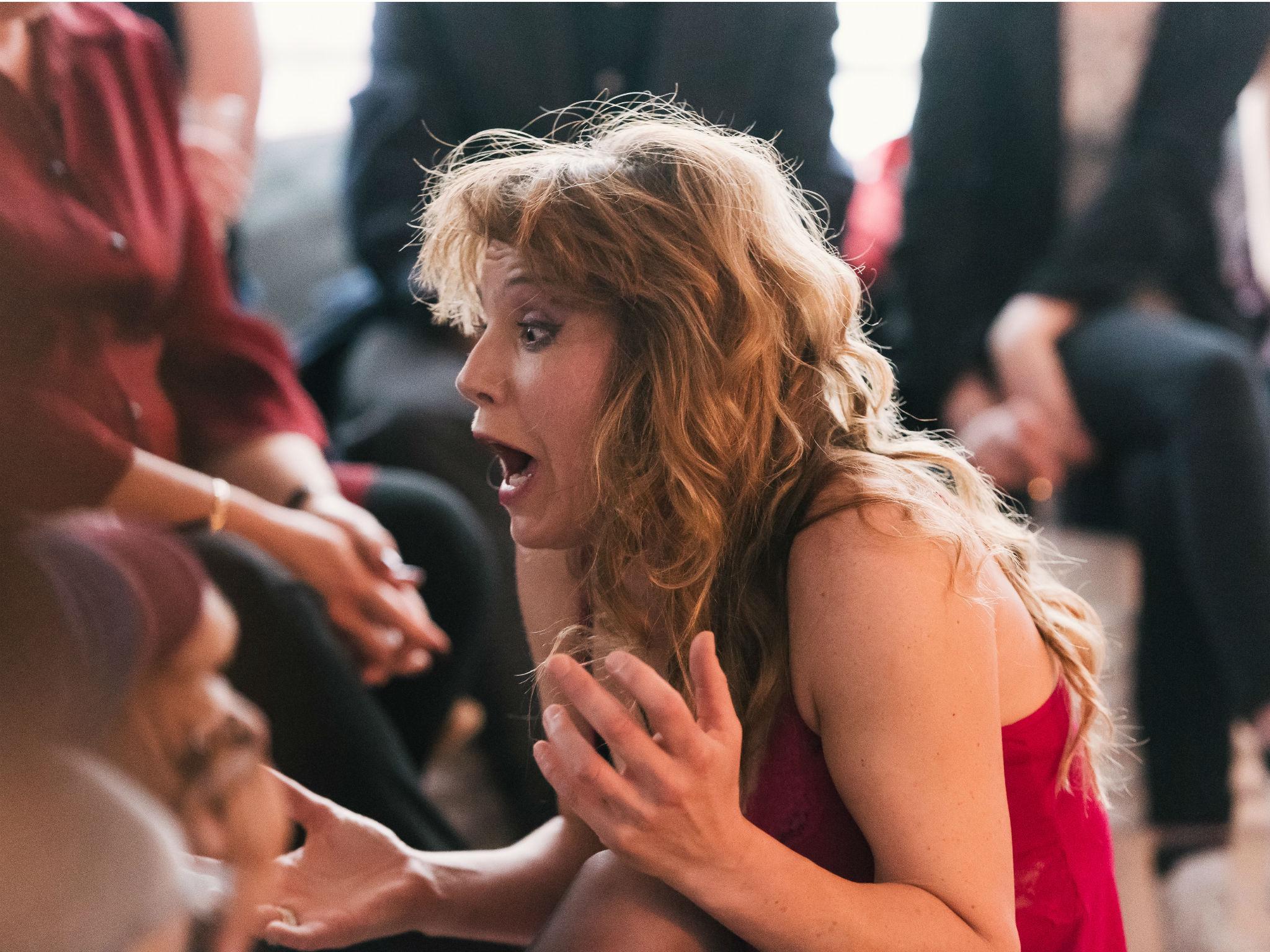La Voix humaine, Beachcliffe Apartments, opera review: 'Handled with thought-provoking skill'
An intimate living room presentation of Poulenc's 1958 operatic monologue by the inaugural Cardiff Festival of Voice

Your support helps us to tell the story
From reproductive rights to climate change to Big Tech, The Independent is on the ground when the story is developing. Whether it's investigating the financials of Elon Musk's pro-Trump PAC or producing our latest documentary, 'The A Word', which shines a light on the American women fighting for reproductive rights, we know how important it is to parse out the facts from the messaging.
At such a critical moment in US history, we need reporters on the ground. Your donation allows us to keep sending journalists to speak to both sides of the story.
The Independent is trusted by Americans across the entire political spectrum. And unlike many other quality news outlets, we choose not to lock Americans out of our reporting and analysis with paywalls. We believe quality journalism should be available to everyone, paid for by those who can afford it.
Your support makes all the difference.The string of broken telephone conversations that is Francis Poulenc’s 1958 operatic monologue La Voix humaine chart the abandonment of a woman by her lover with painful, allegoric intensity. Ultimately, despite her pleading self-abasement, there are no crossed lines in the exchange: he has left her for another woman. But is he a figment of her imagination?
In director David Pountney’s highly intimate, living-room production, it is a pre-recorded piano (beautifully played by Christopher Glynn), rather than orchestra, that becomes the lover’s disembodied voice. We are invited to a party at an apartment and greeted individually by soprano extraordinaire Claire Booth, who enacts with wringing plausibility a transition from gracious hostess to desperate would-be suicide.
We become props – handed hors d’oeuvres, a phone, a bottle of pills – as the woman, called L, moves about the room, and witness to her dawning, aching loss. The face-to-face combination of theatre à la Cocteau’s original 1928 play and pop-up opera is winning. Sung in Richard Stokes’s English translation, outburst, apology and lyrical reminiscence become disturbing rhythmic-mental contrasts.
Do we support L or abandon her, too, in her despair? The ending of this gripping presentation by the inaugural Cardiff Festival of Voice is handled with thought-provoking skill.
Till 11 June. A Welsh National Opera / Wales Millennium Centre co-production: wmc.org.uk: 029 2063 6464
Join our commenting forum
Join thought-provoking conversations, follow other Independent readers and see their replies
Comments